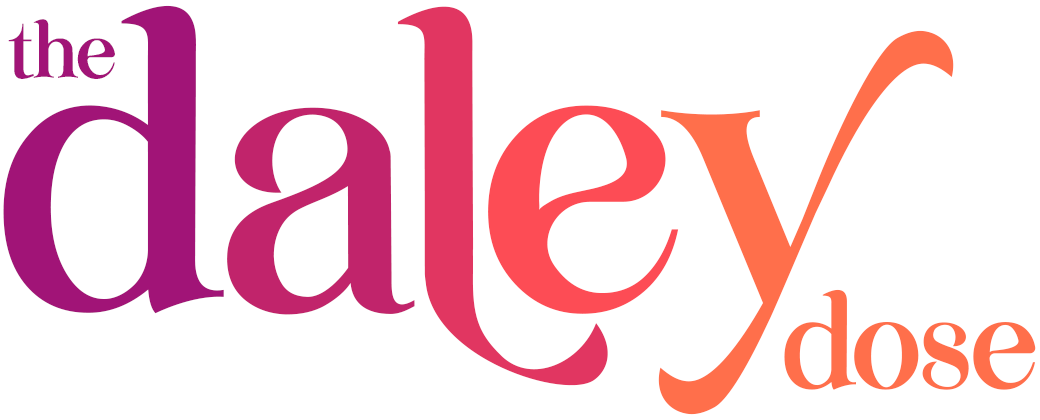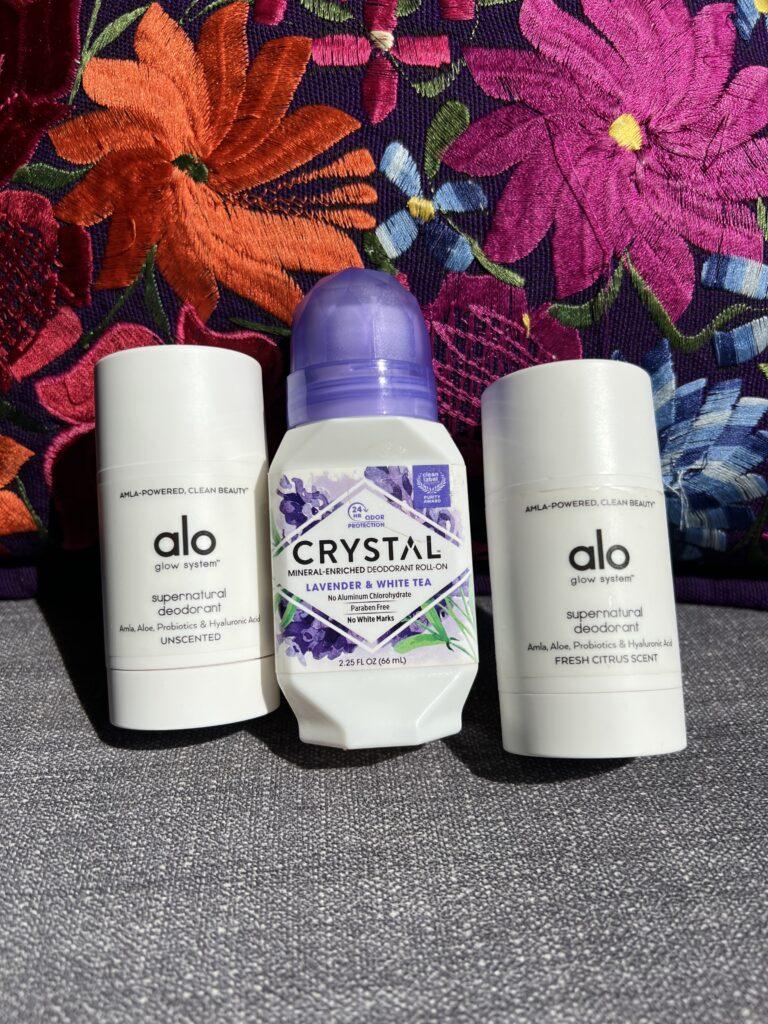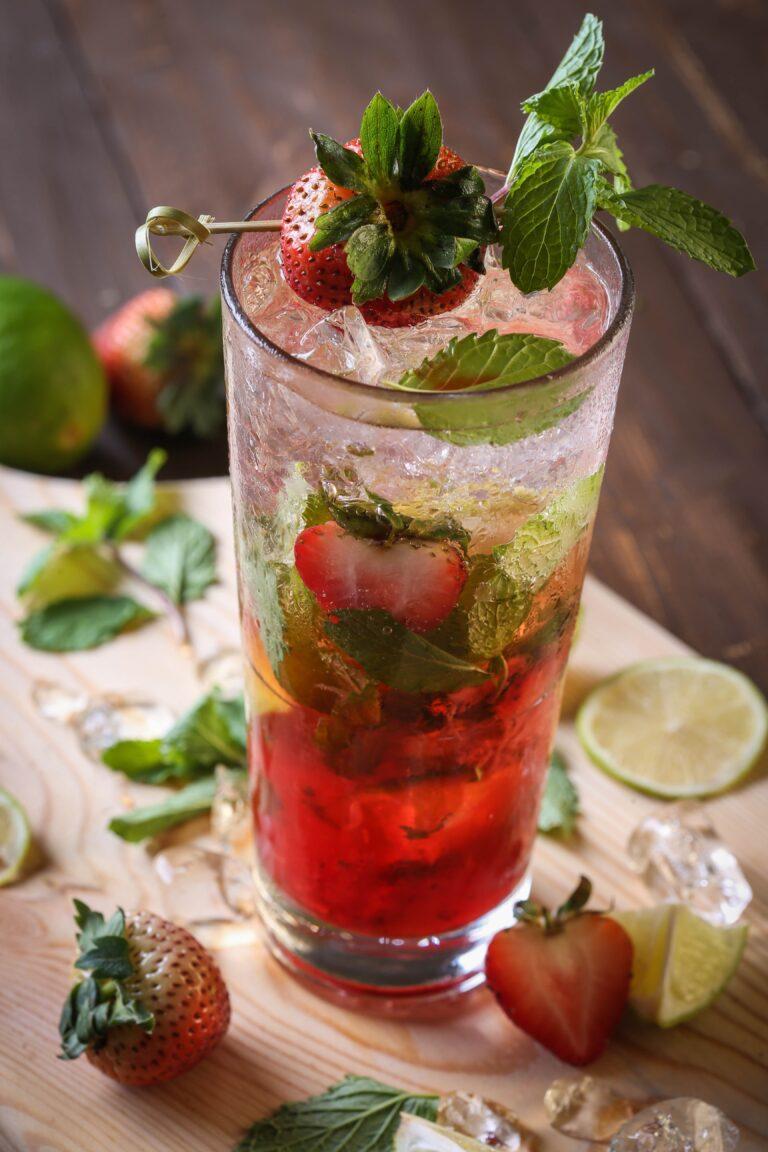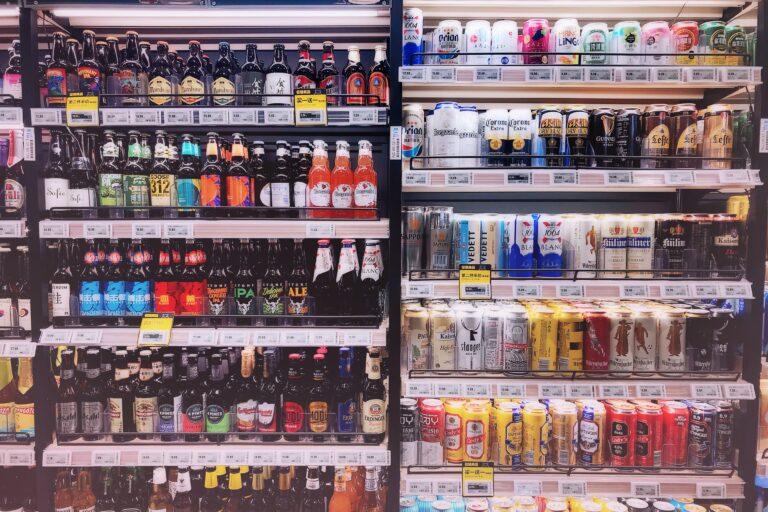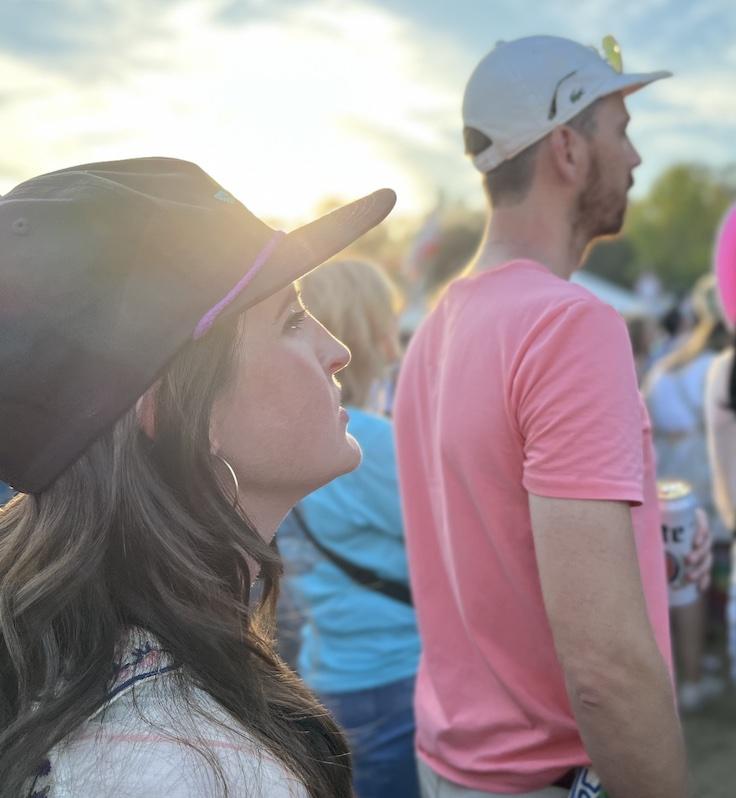The Worst Parts Of Sobriety
I’ve been sober for more than one year! I truly can’t believe it. It’s been such a ride, and I’m excited to see what the next month of sobriety has in store for me. After being hospitalized for a hangover in April 2022, I decided to try out sobriety full-time and haven’t looked back. Well…that’s not entirely true.
Getting sober has been one of the best things that’s ever happened to me. However, I would absolutely be lying if I said there aren’t many challenges that I had to face when I chose to stop drinking. Challenges that I still continue to deal with every single day.
But what’s that quote again? “Nothing worth having comes easy.” And having the confidence, clarity, calmness, and so many other benefits of sobriety has been worth experiencing the hard parts. Because there are good days and bad, committing to sobriety can be hard, but I promise you, it is so worth it! Below, I’ve listed out the worst parts of sobriety for me, so that (if you’re interested in going alcohol-free) you can prepare for what’s to come and make adjustments accordingly. Good luck!
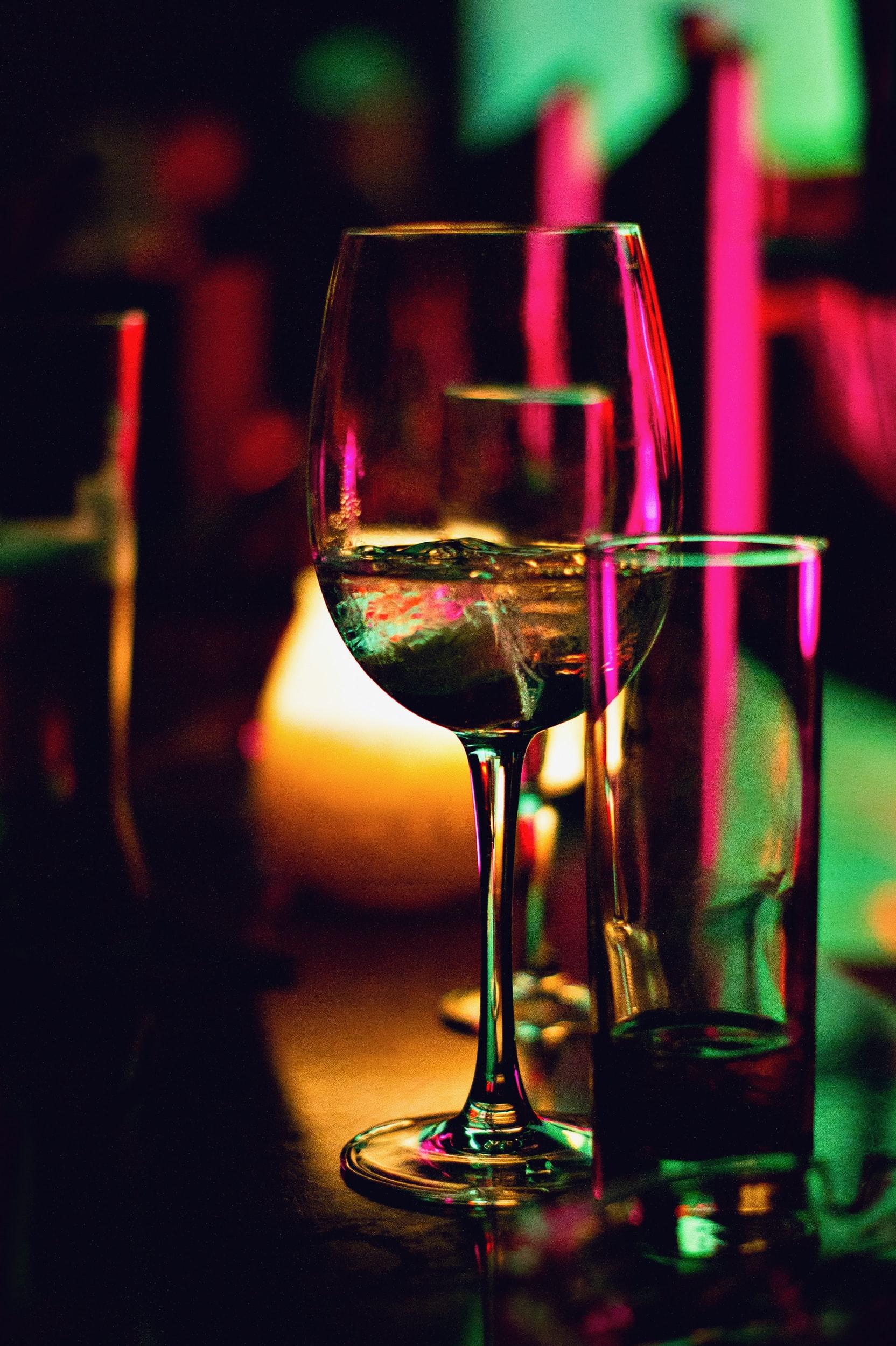
The Worst Parts Of Sobriety
You still get sick
This came as a shock to me the first time it happened, and I don’t know why. You’re not going to feel good all the time. I got really sick with some sort of viral infection (it wasn’t COVID and I’m not sure if it was the flu, either) back in mid-July. I was about three months sober at that point, and was bummed to find out that I can still feel shitty even when I’m not drinking!
I’d been on a high of feeling great for months. But was then hit so hard with a sickness that forced me to skip a long-awaited family vacation. I cried for days because I felt like absolute shit, and I realized that there are moments when I will still kinda feel like I have a hangover and feel very ill, even in sobriety. Obviously, having a flu-like virus vs. having a hangover feels different, but they both make you feel terrible. Thankfully, now that I’m not drinking, I do feel terrible significantly less often!
No more alcohol blanket
Okay, this one is kinda funny but it’s so true! I went out to a concert a few weeks ago on a chilly fall night. Normally I would leave my jacket at home and rely on getting drunk to keep me warm (yes, really), but that’s no longer an option! So now I have to actually carry around a jacket with me to keep warm, which can get annoying. But like, I’d choose to carry a jacket around over having a debilitating hangover any day.
You might experience social isolation
This will really depend on how robust your drinking life was before you quit. And it will also depend on your friends, too. If you have mostly friends that only like to go out and party every weekend, you might find yourself a bit isolated at the beginning of your sobriety journey. I am now in my 30s, and most of my friends aren’t going super crazy like every weekend (but maybe every other weekend, haha!). Because of this, I didn’t feel much social isolation when I first went alcohol-free. I did definitely stop going to bars and going out at night, but it felt really nice to stay home and watch a movie and just learn how to relax on the weekends.
The cravings can be rough
Withdrawal symptoms might occur when you first quit alcohol, and your cravings might be rough. I still deal with cravings every so often—they come up at weird times. I always just reach for an Athletic Brewing Co non-alcoholic beer in my fridge whenever a craving comes up. Cravings are certainly the hardest to fight in the first month or so of sobriety. But once you get past that, I think it gets easier and easier.
Dealing with haters
I’m incredibly lucky to have an amazing support group of friends and family members who are cheering me on every step of the way in my sobriety journey. That being said, there have been a few comments that have thrown me a bit off guard since I started going alcohol-free. For example, one person (who shall not be named) called me a “loser” and laughed when I told her that I’d been sober for a few months. She was trying to be funny and make a joke about it, but it was weak, lazy, and a bit hurtful, too.
You also might deal with haters who don’t support your journey, and that’s okay. Please know that anyone who doesn’t support your sobriety probably doesn’t want to face their own journey (and potentially substance abuse issues) with alcohol. I myself used to hate on people who didn’t drink and think they were really weird. I think it’s because I didn’t want to face my own relationship with alcohol and also didn’t accept anyone who deviated from the “norm” of binge drinking in college every weekend.
Feeling all the feelings
Ugh. I have cried so much in the last seven months. And while that sounds miserable, it’s actually been the most cathartic thing that has ever happened to me. There are so many feelings to dig through once you experience sobriety, and it can be exhausting on your system. I notice that I sleep more and need more rest and relaxation. I’m going through a period of addressing past traumas that I’ve been suppressing with alcohol for ten years.
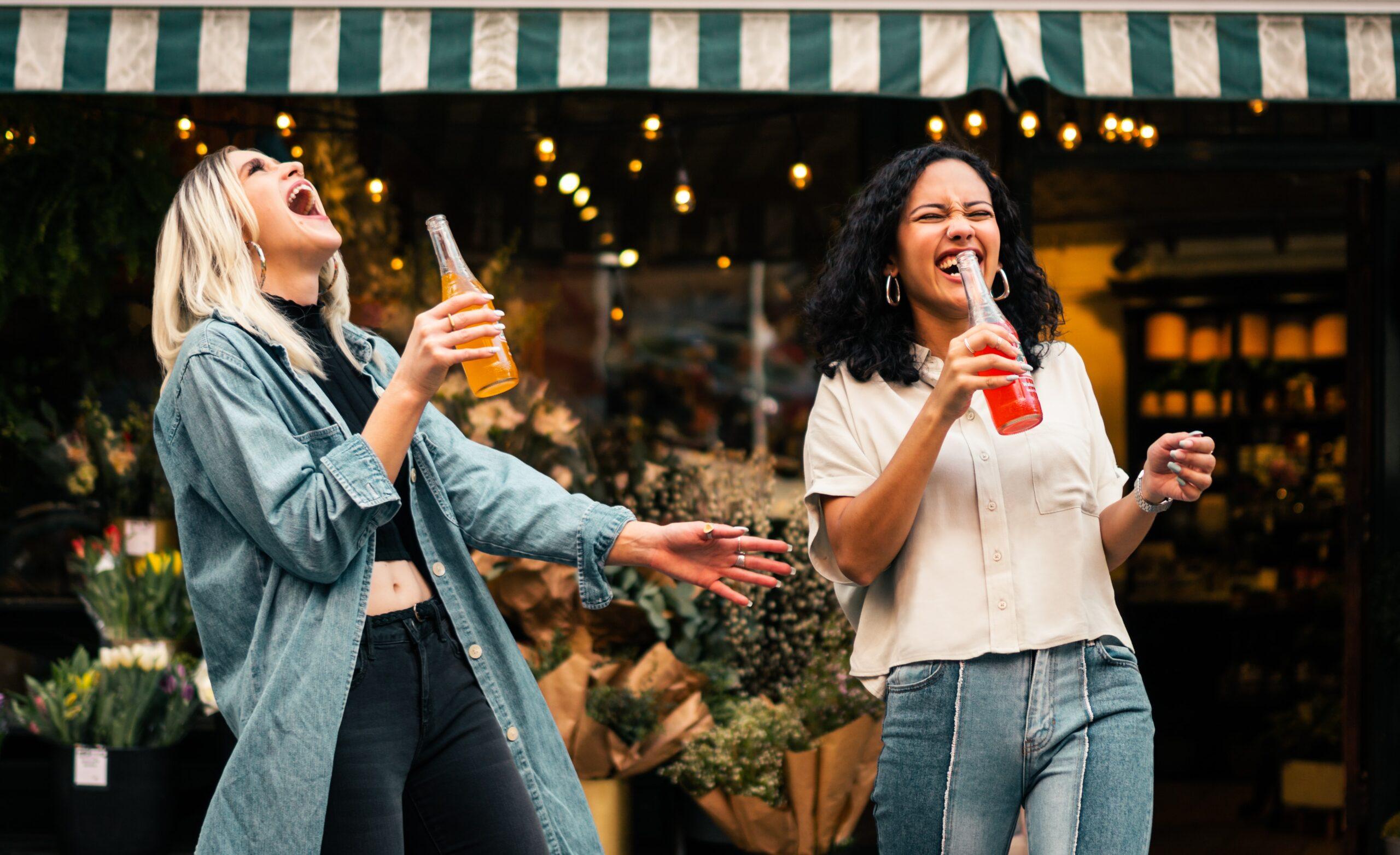
How To Stay Committed To Sobriety
Drink non-alcoholic drinks
Well, this one is pretty straightforward, but it really keeps me committed to my sobriety. I live and die by Athletic Brewing Co. non-alcoholic beers, and I also like to make fun mocktails occasionally. Don’t feel ashamed if you need to reach for these drinks during your sober journey. It doesn’t mean you are “cheating.” That being said, sometimes (or a lot of times) these drinks can be even more triggering for some folks. So make sure that non-alcoholic drinks don’t trigger you to order a real one right afterward.
Don’t put yourself in difficult situations
When I first got sober, I knew that going out to bars would be a bad idea for me. Not only would I probably try to drink when out at bars with my friends, but I didn’t even want to put myself through the agony of resisting alcohol while out. So, I just decided to skip bars when I could and do something else instead. In fact, I put together a list of sober activities you can do in NYC for all the sober people out there.
Identify your triggers and warning signs
People in the recovery process will tell you that it’s safer to start your sobriety journey knowing what your triggers are. For me, day drinking on a rooftop in the summer is an absolute trigger. Like, it’s borderline the hardest part of my sobriety journey. I hope I get better about that next summer, but this past summer was very hard to be on an NYC rooftop and not want to drink like a psycho.
Practice a lot of self-care
There are good coping mechanisms and there are bad coping mechanisms. Self-care is the former. Although to be honest, I kinda hate the term “self-care” because it’s so overused, but you catch my drift. I like to take baths almost every night. I’ve been practicing EFT tapping with my boy Brad Yates almost every day. I do inner child meditations and The Class often. I cry when I need to cry and I try to laugh a lot, too.
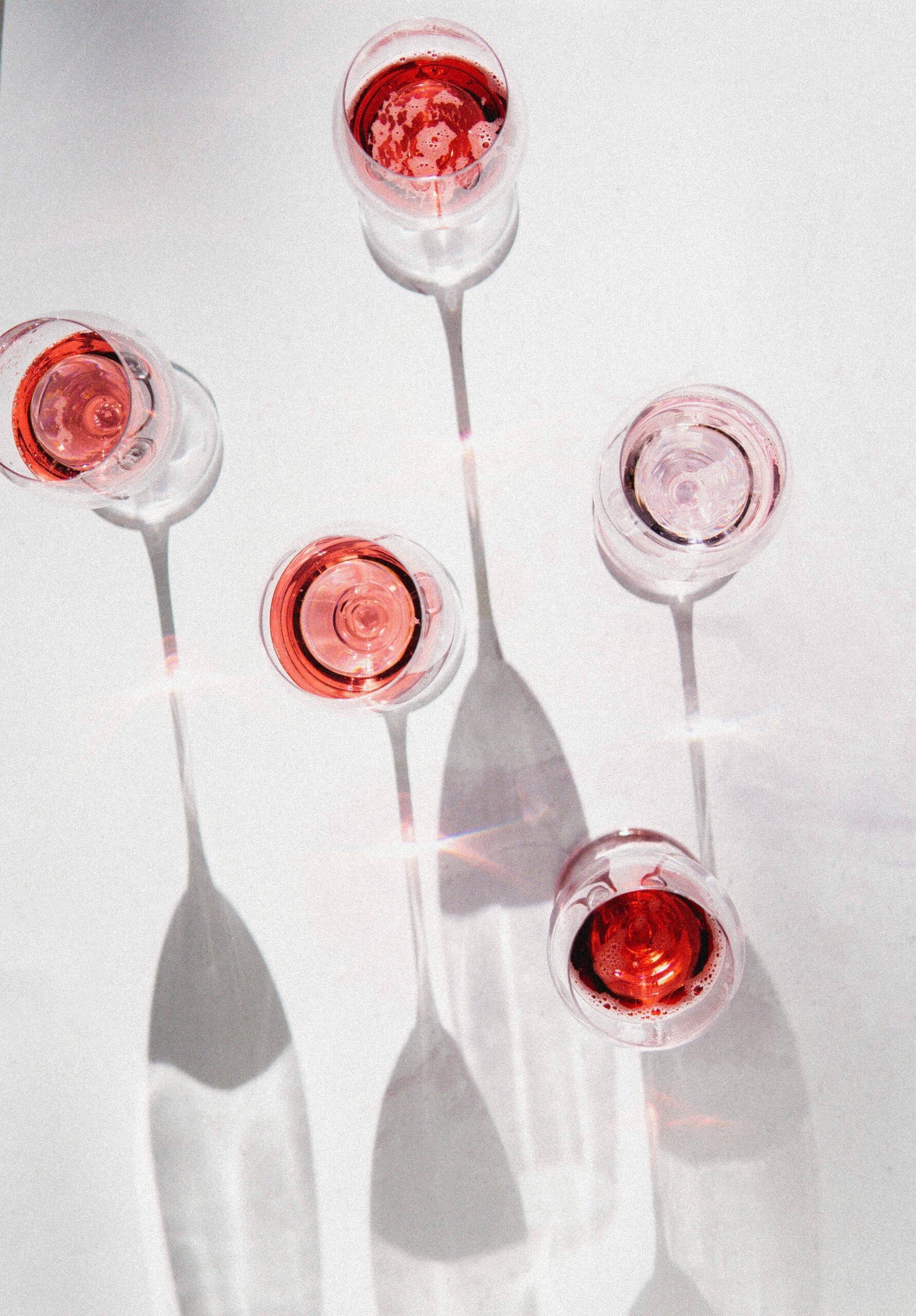
Treat yourself every time you reach a milestone
I haven’t been as good as I should be about this. But it’s important to treat yo self after each milestone, both big and small. I like to buy myself new clothes or treat myself to a massage or facial whenever I reach another month of sobriety.
Give back to your community
Okay, I have not implemented this into my sobriety journey at all, but it’s on my list of things I want to do. One of the best ways to get out of your own head and to stop being sad and self-absorbed is to help those in need. It not only benefits your community, but it will also benefit your mental health, too.
Make sober plans for the weekend
The best way to avoid social drinking situations is to plan things that don’t involve drinking. Especially at the beginning, it’s important to try and fill your calendar with some fun things you can do while sober. This will help you in the long term.
Go to therapy
Therapy is a great way to get support when you need it during your sobriety journey. There are many types of therapy out there. I have found EMDR with my therapist to be very helpful in my recovery. Therapy can teach you about a lot of different coping skills that will help you with substance use disorders or quitting alcohol.
Join support groups
When I first got sober, I joined The Luckiest Club and was attending virtual meetings at least once per day. Now that I’m seven months in, I don’t need the support as much as I once did. However, it was absolutely instrumental in allowing me to stay sober in the first few months of my sobriety. Consider joining one of the 12-step programs if you think it might be beneficial, whether you have substance abuse issues with alcohol or drugs. It could also be helpful to follow sober influencers to get some tips and tricks for staying committed.
When does sobriety get easier?
One of my favorite inspirational sobriety quotes says, “I’m not telling you it is going to be easy, I’m telling you it’s going to be worth it.” If I’m being honest, staying sober was really difficult in the beginning of my journey—and it still is sometimes. However, it gets a lot easier the further you are in your sobriety.
For me, it took about six months to really feel like it was less difficult. I have to caution, though, that you can’t ever think it’ll be easy. We have an addiction and have to consciously choose—every single day—not to consume alcohol. Luckily, once you start to see the benefits of sobriety, which for me were increased mental focus and better interpersonal relationships, it’s incentivizing.
That’s it, folks! I will continue using all these steps to keep my sobriety!
